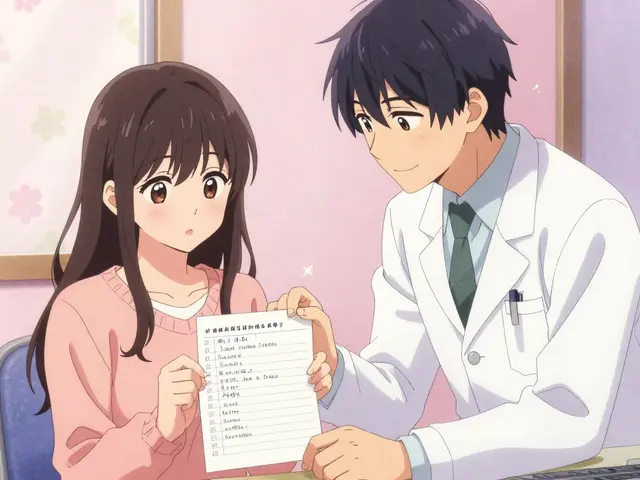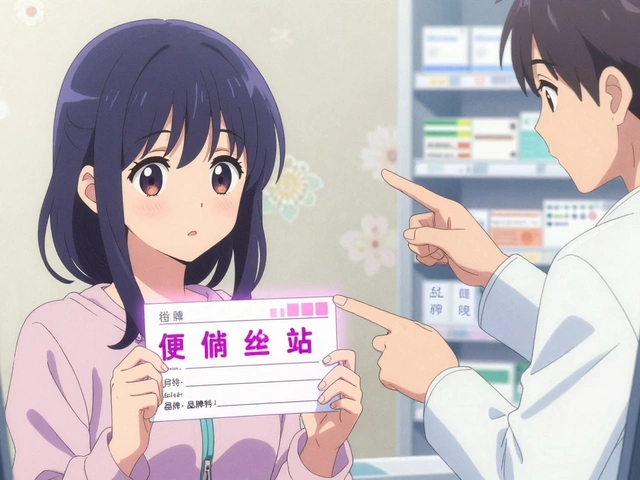Encephalitis Treatment: What Works, What to Avoid, and Real Options
When the brain swells due to infection or immune overreaction, that’s encephalitis, an inflammation of the brain tissue that can range from mild to life-threatening. Also known as brain inflammation, it often starts with flu-like symptoms but can quickly lead to confusion, seizures, or loss of consciousness. Not all cases need strong drugs—some clear up on their own—but others demand fast action.
Antiviral drugs, like acyclovir, are the first line of defense when herpes simplex virus is the culprit. That’s the most common cause of severe encephalitis in adults. If caught early, these drugs can cut recovery time and lower the risk of long-term damage. But if it’s caused by another virus—like West Nile or Epstein-Barr—antivirals won’t help. Then, treatment shifts to managing symptoms: fever control, fluids, and keeping the brain safe from swelling. Corticosteroids, used to calm the immune system when it attacks the brain by mistake, are common in autoimmune cases, like those triggered by antibodies against NMDA receptors. These aren’t antibiotics—they don’t kill germs—but they stop the body from turning on itself.
Some people recover fully. Others need months of rehab for memory, speech, or movement issues. That’s why spotting red flags matters: high fever with headache, sensitivity to light, trouble speaking, or sudden personality changes. If you or someone you know has these, don’t wait. Delayed treatment can mean permanent brain injury. Hospitals use MRI scans and spinal taps to confirm the diagnosis and rule out meningitis or tumors. You won’t get a one-size-fits-all plan—your treatment depends on what’s causing the swelling, how fast it’s spreading, and your age or health history.
There’s no home remedy that cures encephalitis. Rest and hydration help with mild cases, but they’re not enough if the brain is inflamed. Avoiding mosquito bites, staying up-to-date on vaccines (like MMR or Japanese encephalitis shots), and not ignoring unexplained neurological symptoms are your best shields. What you’ll find below are real stories and guides from people who’ve been through this—how they recognized the signs, what drugs were prescribed, how side effects were handled, and what helped them get back on track. No guesswork. Just facts from those who’ve lived it.






